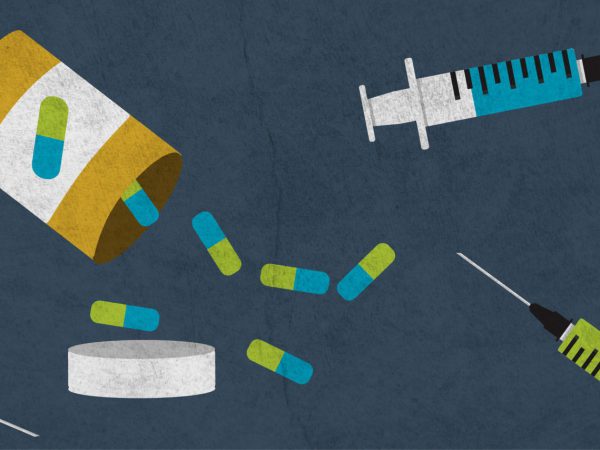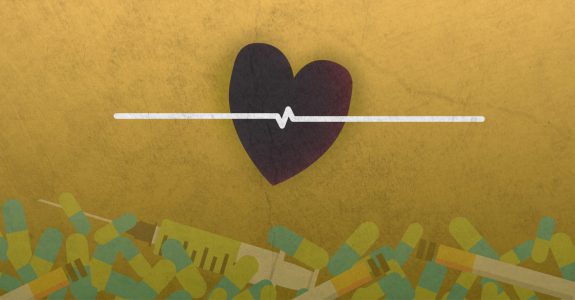Indiana ranks among the worst states nationally when it comes to opioid use disorder – with drug overdoses in 2014 claiming more than 1,100 lives and costing the state $1.4 billion. But this year, we also may be one of the best positioned places to tackle the opioid epidemic by addressing its root causes and changing the way our state helps people overcome addiction.
Two recent developments – one at the state level and one in Indianapolis – signal the momentum for addressing the challenge:
- In January, Republican Indiana Governor Eric Holcomb created a cabinet-level position charged with addressing Indiana’s drug epidemic, underscoring the urgency of the problem.
- Democratic Mayor Joe Hogsett late last year launched a comprehensive criminal justice reform effort that includes as a key centerpiece ensuring victims of addiction are diverted from jails, when appropriate, into treatment programs.
State and local leaders must capitalize on this headway and redouble their efforts to tackle our state’s opioid crisis. The stakes of addressing the problem couldn’t be greater. A report released last year with support from the Richard M. Fairbanks Foundation showed that the number of drug overdose deaths in Indiana overtook the number of motor vehicle deaths as of 2008, and our state ranked 15th nationally for drug overdose deaths in 2014. Indiana also ranks 1st in the nation for pharmacy robberies.
Policymakers can build upon existing progress to combat the opioid epidemic by focusing on three priorities:
- Focus on prevention: Our state lacks a comprehensive approach to teaching substance-abuse prevention in K-12 schools. By bolstering support for evidence-based programming, we can help keep the next generation of Hoosiers from falling victim to opioid use disorder.
- Minimize negative health impacts: Indiana lawmakers have taken steps to make the life-saving drug naloxone more accessible. Public health experts also recommend increasing access to other “harm reduction” services, like needle-exchange programs and testing for HIV and other infectious diseases that result from drug use.
- Expand the supply of substance-abuse professionals: We must make it a priority to increase the number of psychiatrists and primary care doctors, as well as create easier access to medication-assisted treatment. In the meantime, we should better engineer our patient referral methods to maximize existing resources and minimize waiting times.
There’s strong momentum for making Indiana a national leader in addressing the opioid crisis. We should make 2017 the year to achieve unparalleled headway in reducing overdose deaths and curbing addiction in our state.
Read a full version of this article in the South Bend Tribune.



